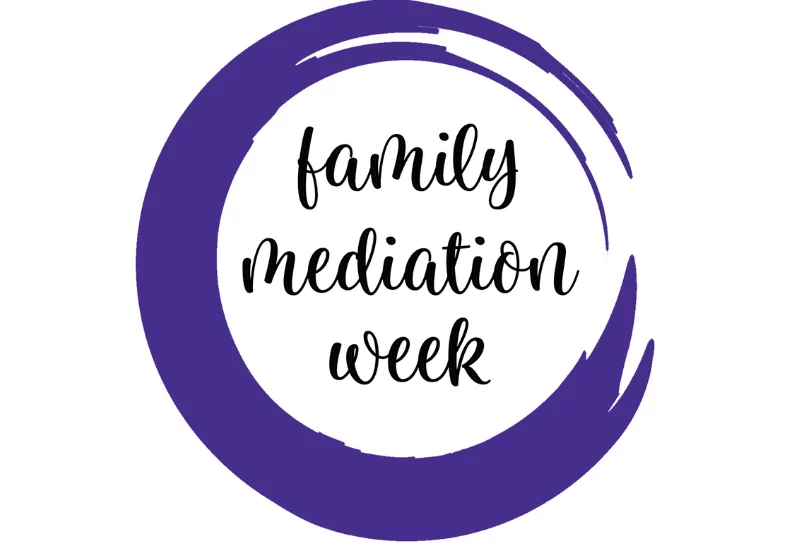What is the difference between an annulment and divorce?

There are two ways to legally end a marriage, divorce or annulment. Whilst a divorce a is sought when the parties acknowledge the marriage existed, an annulment declares a marriage null and void.
What is a divorce?
Divorce is the most common way to end a marriage, and since the 6 April 2022 “no fault divorce” allows couples to obtain a divorce without the need to outline the behaviour of one party, or apportion blame. Once the divorce has been finalised, the marriage is considered to be dissolved.
The divorce process can only be instigated after the first year of marriage.
What is an annulment?
The other way to end a marriage is to apply for an annulment, which results in the marriage being declared ‘void’ and therefore as if it never happened or ‘voidable’ whereby it exists until it is annulled, provided certain criteria applies. In order to obtain an annulment you would need to satisfy the court either that the marriage was never legally valid (‘void’) or that it was legally valid but one of the specific reasons applies to make it ‘voidable’.
Examples of ‘void’ marriages would be if:
- you were closely related to the person you married;
- one or both of you were under 16 at the date of the marriage; or
- one of you was already married or in a civil partnership.
Examples of ‘voidable’ marriages would include those where:
- the marriage was not consummated (so if you have not had sexual intercourse since the wedding, this does not apply to same sex couples);
- you did not consent to the marriage;
- the other person had a sexually transmitted disease at the date of the wedding;
- your spouse was pregnant by another man at the date of the wedding; or
- one spouse was in the process of undergoing the process to transition to a different gender.
You can apply for an annulment at any time after the marriage, however as shown above, the grounds for seeking an annulment are limited and often hard to prove. You must also have lived in England or Wales for at least a year and have had a permanent residence here for 6 months before applying.
Therefore if you had been married for less than a year, had not consummated the marriage and wanted to end the marriage then you may chose to apply for an annulment, however there may be reasons why you should wait and apply for a Divorce. For example the financial provisions available to the court on Divorce are not be available to you if the marriage is annulled as it would be like the marriage never taken place.
How can Trethowans help?
If you are considering ending your marriage you should seek independent legal advice to ensure you have the best advice on your options to protect your interests before proceeding. At Trethowans we have an experienced family law team to advise you on how best to proceed. Check out our divorce FAQs page for all your burning questions answered.
If you would like to speak to our team, please call us on 0800 2800 421 or contact us here.














